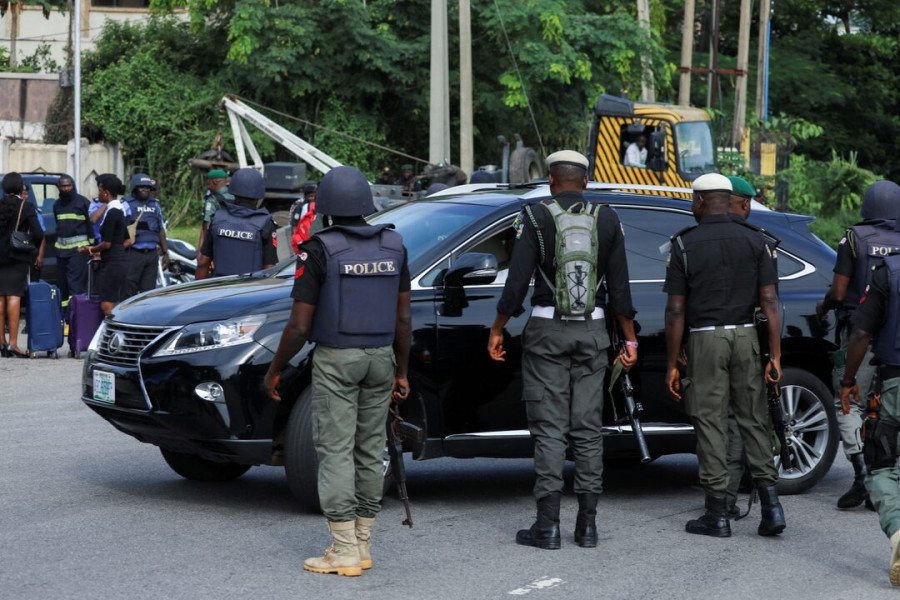A new report by SBM Intelligence reveals that the Indigenous People of Biafra (IPOB)’s sit-at-home orders in Nigeria’s southeast have resulted in over 700 deaths over the past four years. The separatist group, which has been designated a terrorist organization by the Nigerian government, has enforced these orders through violent tactics, including arson, looting, and targeted killings, creating an atmosphere of fear in the region.
The SBM report highlights that civilians who defied the weekly Monday stay-at-home orders—and other days designated by IPOB—were among those killed. Clashes between IPOB members and security forces also contributed to the rising death toll.
In 2021, compliance with IPOB’s stay-at-home order was as high as 82.61%. However, recent surveys show support has plummeted to just 29%, with many residents complying out of fear rather than genuine support.
An IPOB spokesperson denied responsibility for the killings, attributing the violence to “kidnappers and criminals” allegedly sponsored by the government to tarnish IPOB’s image. The Nigerian government has not responded to requests for comment.
IPOB initiated the sit-at-home protest in August 2021 to demand the release of its detained leader, Nnamdi Kanu, who is currently facing terrorism charges in Abuja. Although IPOB officially suspended the weekly protests shortly afterward, citing orders from Kanu himself, armed groups affiliated with IPOB and internal factions have continued to enforce the protests. These groups have targeted government facilities and individuals perceived to support the government.
Despite IPOB’s denial of responsibility, security forces have accused the group of involvement in violent incidents, including the 2021 prison attack and the recent killing of more than 30 travelers.
SBM Intelligence estimates that beyond the human toll, the sit-at-home order has crippled economic activities in the southeast, causing losses exceeding 7.6 trillion naira ($4.79 billion). The violence has evoked memories of the Biafra civil war in the late 1960s, which claimed over one million lives.

